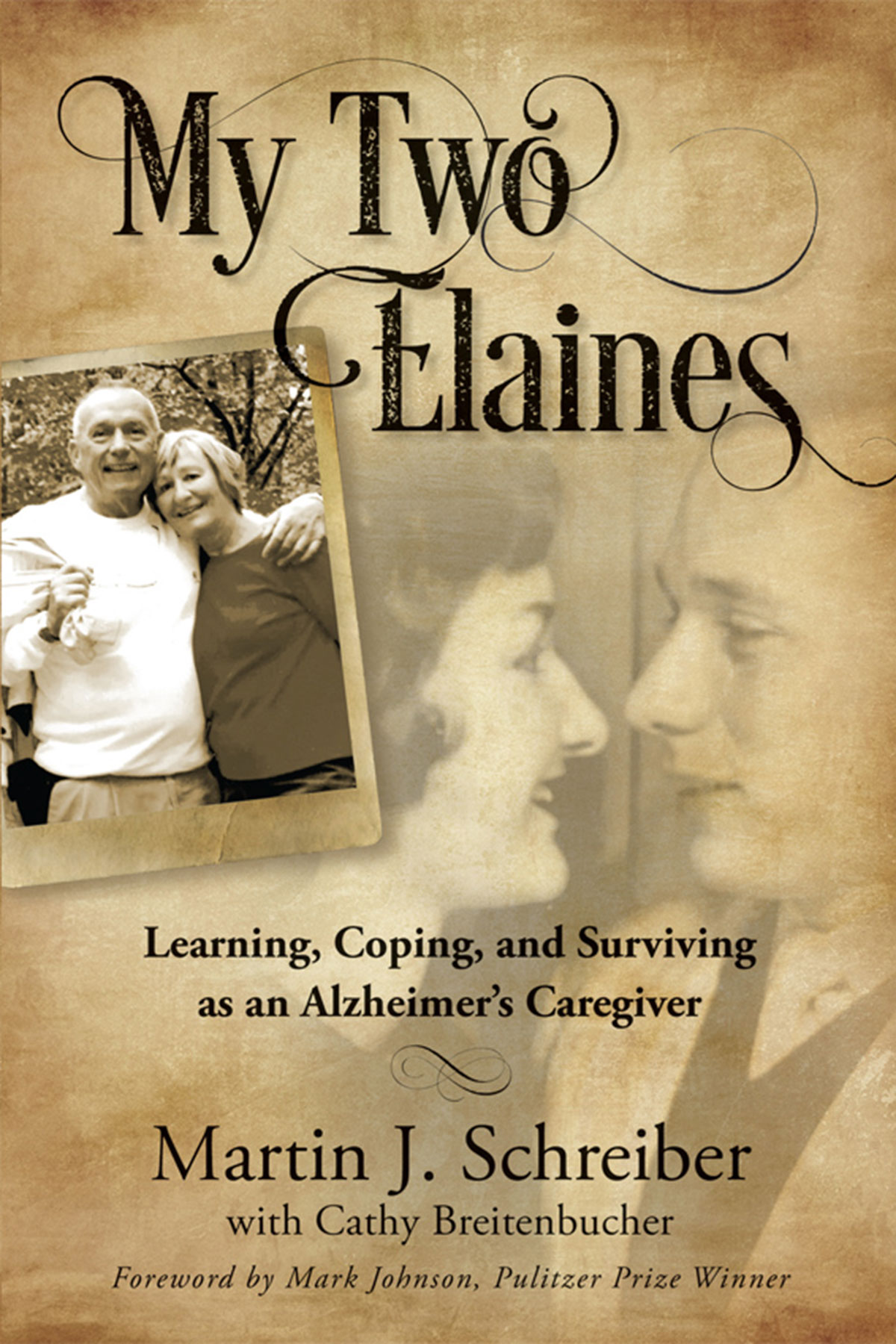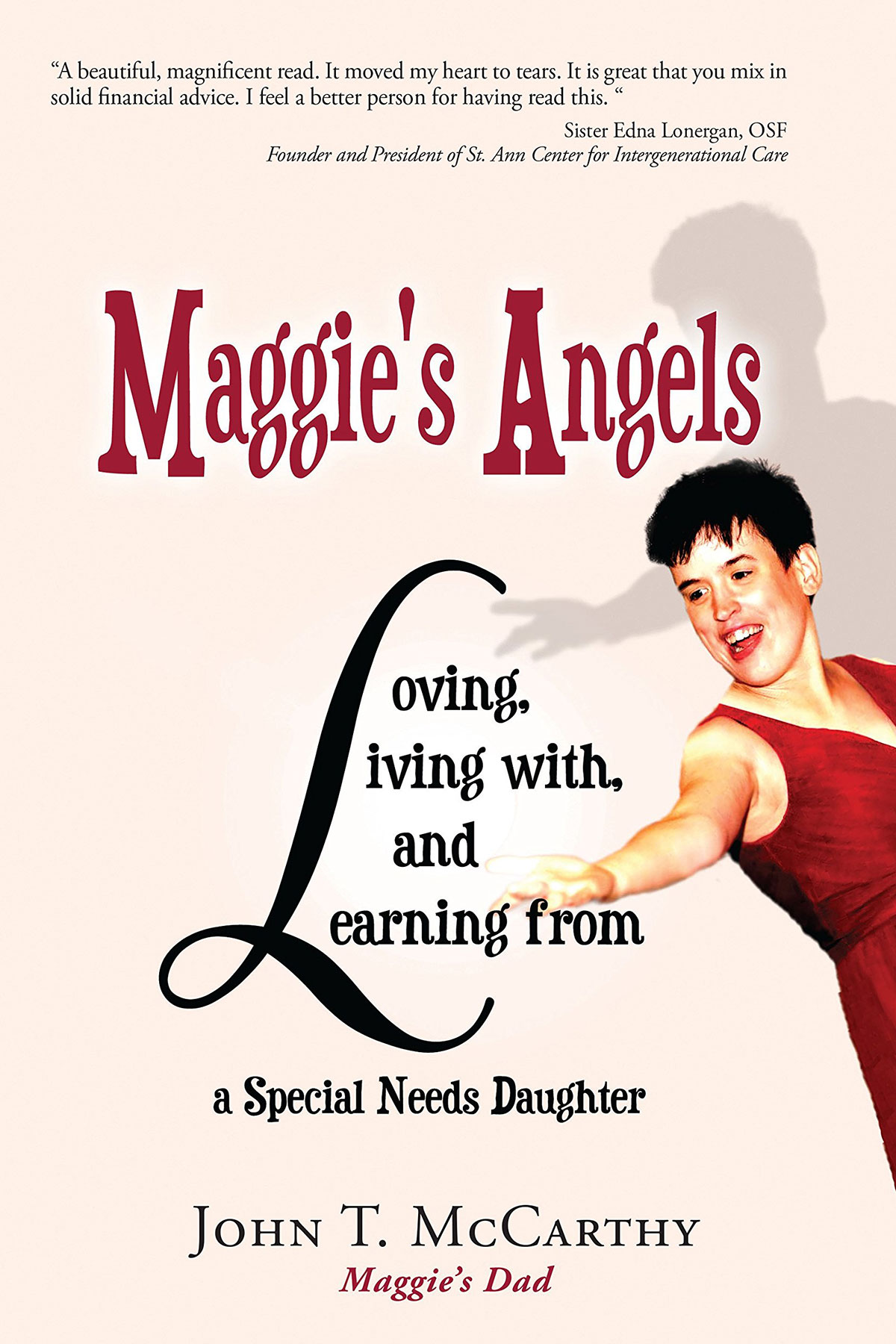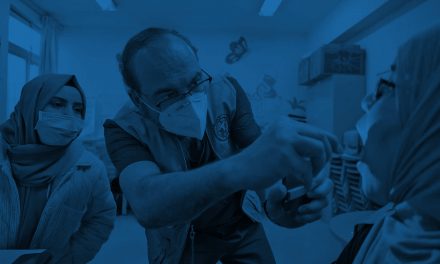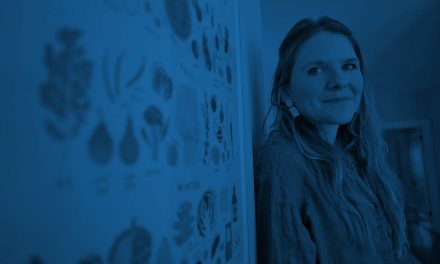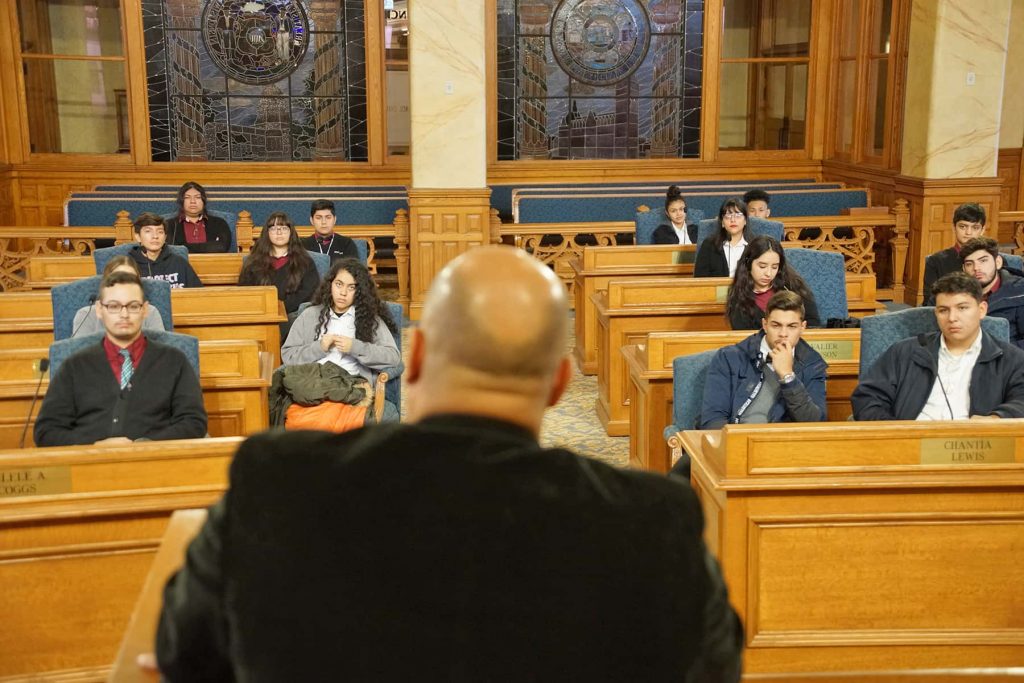
Former Wisconsin governor Martin Schreiber and Milwaukee financial adviser John McCarthy will share two compelling true love stories at an author reception and book signing at St. Ann Center.
In his book My Two Elaines: Learning, Coping, and Surviving as an Alzheimer’s Caregiver, Schreiber candidly counsels those taking on the caregiving role—as he did 12 years ago when his wife, Elaine, was diagnosed with the disease. He offers practical advice on how to respect the one with Alzheimer’s while avoiding caregiver burnout. As two-thirds of those with Alzheimer’s are women, he offers special guidance for men taking on the traditionally female role of caregiving.
“One of my biggest learnings was that I had to let go of the woman I met at 14 and instantly decided I wanted for my wife—the woman who gave me our three children, supported me in every endeavor of my life and never let me feel defeated,” Schreiber said.
With compassion, raw honesty and gentle humor, Schreiber describes the journey he’s taking with his Second Elaine, now in a memory care center. He explains how love has continued with a woman who he describes as “always cheerful, always happy and always telling me how handsome and intelligent I am,” although sometimes not recognizing him as her husband.
“It wasn’t until a few weeks ago that I really had to say, Yes, I do have Alzheimer’s. I had read of signs that indicate Alzheimer’s, like getting overly upset for no reason and having trouble with names and directions. But I still didn’t think it was a problem for me. But in hindsight, for too long, I’ve been getting lost driving, having trouble keeping days straight, and difficulties with names and schedules. Still, I still felt I could handle it. It won’t get worse. But this morning, I started reading about the mid-stage of Alzheimer’s, in hopes of preparing myself better, and realize I’m not very far away. That is most scary! But, I have to accept it.” – Elaine’s letter to her “Dear Loved Ones,” dated March 11, 2009
The central character of McCarthy’s book, Maggie’s Angels: Loving, Living with and Learning from a Special Needs Daughter, is his 31-year-old daughter. Born with a rare neurological disease, Maggie experienced slowed physical and mental development and cognitive and behavioral challenges. Along with memorable moments with Maggie, McCarthy spotlights the inspiring stories of some 60 other people with special needs—artists and musicians to Special Olympians—their parents, coaches and teachers, who’ve become “angels” in his family’s lives.
Founder of McCarthy Grittinger Financial Group, McCarthy also gives advice in the book on preparing for the long-term care of adults with special needs, using specially designed financial and estate plans.
St. Ann Center has a connection to both stories. For years, Maggie has been an occasional guest at the Stein Campus’ overnight respite. And in the early stages of Alzheimer’s, Elaine came to the campus for reiki massage and to swim and exercise at the Aquatics Center. Both authors are longtime St. Ann Center supporters.
Part of the proceeds from the evening’s book sales will go to support the children and adults served by the center. The free reception will include refreshments and a chance to meet the authors. Signed books will be available for purchase at the event on February 8, from 6 p.m. to 8 p.m., at St. Ann Center for Intergenerational Care-Stein Campus, 2801 East Morgan Avenue.
“One day about eight years after Elaine’s diagnosis, I was finishing a phone call with our daughter Kathy. ‘I love you,’ I said as I told her goodbye. Elaine overheard this and wanted to know whom was I talking with, so of course I told her it was our daughter Kathy. ‘We don’t have a daughter named Kathy,’ she insisted. ‘Why would you make that up?’ Her tone was most uncharacteristic, hostile and accusing. She insinuated that this Kathy had to be someone who was not to be associated with. ‘You’ve got to be up to no good,’ she said. She wanted to know who else I was in love with. I knew it was the disease ‘talking’ and not Elaine. She was the one who had told me that you can lose an election but you can’t be defeated. This outburst, however, did defeat me. I began to seriously wonder: How much longer can I live with my wife, and how much longer can she live with me? After loving Elaine for sixty-two years, I was angry with myself for even thinking this way.” – Martin J. Schreiber, “My Two Elaines”
Nearly 40 percent of America’s 15.9 million Alzheimer’s caregivers are men, up from 19 percent 15 years earlier. For an increasing number of couples, Alzheimer’s has upended traditional spousal roles that were decades in the making. Erroneously thinking he can bear the burden alone, a husband often finds his health negatively affected by caregiving, not only compounding the human tragedy of the disease but also contributing to increased health care costs borne by insurance companies and government programs.

